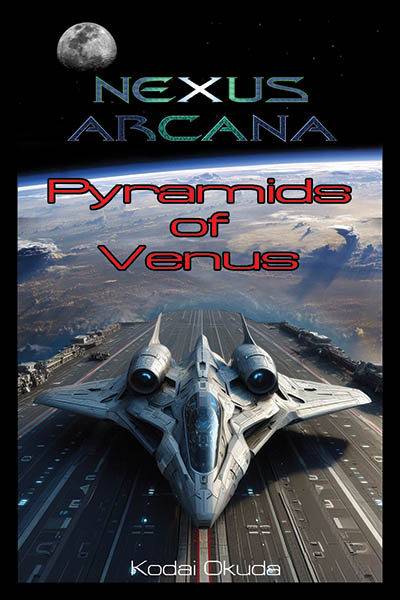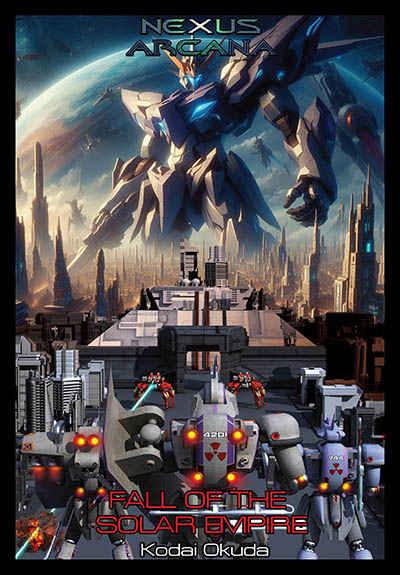Groom and Doom: A Greek Love Story by Theresa Braun - Review *****
by , 02-04-2013 at 03:24 AM (67856 Views)
Those Damn In-Laws!
Angela and Stavros are a loving couple engaged to be married in a traditional Greek ceremony that will take place in Crete, the homeland of her fiancé's family. Told from Angela's perspective, it is an account of one woman's journey through her wedding and honeymoon in the shadow of Georgius, Stavros's father, who seems unwilling to accept her into his life. Groom and Doom is an intimate portrait of Angela's hopes and fears in the face of an uncertain future. Before leaving for Greece, Angela is told by a tarot reader that Stavros is not "the one" for her, a prediction that upsets her but she refuses to believe. While in Crete, Angela soon realizes that Stavros's family is in complete control of the wedding and all things related to it, and that Georgius is going to do everything in his power to show her she is an unworthy addition to his fold. Georgius remains in mourning over the loss of his wife almost one year prior and feels justified in tormenting Angela and Stavros at every turn. With the wedding over, the newlyweds head off to Venice for their honeymoon, a refreshing break from the daily emotional abuse doled out by Georgius. Although they have a wonderful time sightseeing, dining, and making love, Angela is haunted by bizarre hallucinations of her father-in-law. While meandering around Venice, Stavros frequently reads ghost stories about lovers from a book he has been reading. Though the tales are intriguing and amusing, the reader is left to wonder if maybe they are a foreshadowing of events to come. After a brief return visit to see Georgius, they leave for home in Florida to begin life as a married couple, but will the relationship survive in the midst of animosity and unresolved issues?
Groom and Doom is a well-written and interesting story of love, intimacy (not steamy sex scenes but the real stuff that goes on behind closed doors), and the attempt to unite two families into one. Sometimes amusing, often insightful, it is filled with references to pop culture, mythology, and literature, adding depth to a novel already rich in detail regarding not just the atmosphere but also the inner thoughts of the protagonist. Ms. Braun tells the story in first person and does it well. She explores how someone's upbringing and family relationships can have such a tremendous influence on their behavior, and how a domineering patriarch can ruin the happiness of others with his selfishness, disrespect, and need for tradition.
There are a few minor errors with the book regarding formatting (indents not even in places) and punctuation (missing or added commas). There are also several unconventional contractions used within dialogue to emphasize exact speech. Although not a grammatical error in fiction, it is not something I personally like to see too much of. (Examples: there're, when're, out'n, foods've, things've, readers're, not've, thing'd)
**WARNING - Potential Spoilers**
Below are some of my favorite passages from the book:
*Stavros amazed me whenever he proved that he not only listened to me, but thought whatever I said was important enough to store in long term memory.
*How wonderful it would be to meet your own gaze in the mirror and think, "I've never looked better." And this includes not only the physical surface in the reflection, but the beautiful soul beaming through to the outside. One day I would get there.
*The most my brother and I had fought over was who was going to get the bigger half of the piece of cake. Now I've learned a parental trick. You let one kid cut it and the other one gets to pick the slice. Pure genius.
*Note to self: never ask yourself if something can get worse, because it can.
*I noticed my parents, for the most part, were purposely not leading the discussion. Instead, they were merely hitting back the tiny white plastic conversation ping pong ball they were served. Little did I know they were kind of like unsuspecting Rainsford, conversing with human hunter General Zaroff, in "The Most Dangerous Game." This dinner was turning out to be a survival of the fittest.
*Was this a message that I would get my chance to defend my honor and assert myself? Would I be getting some kind of support from the other side? Would Stavros and I live happily ever after, our quiet revenge?
*I leaned into him, one of my favorite things to do. It's one of those entitlements of being in a couple—the right to invade your lover's space...
*"Speaking of that, there's something we've gotta do before we leave Venice." / "What's that? Lose our passports so we're forced to stay here?"
*I knew him maybe even better than I knew myself and I knew if we were ever separated that the universe would bring us together again.
Here are some the interesting things mentioned in Groom and Doom:
The Future's So Bright by Timbuk3, Sisyphus, Opa!, Iolite, Lacanian psychoanalysis, The Decameron (here is a summery of all the tales in The Decameron), Basil Lore and Legends, boubounieres, Wheat and rice thrown at weddings, Lemurian Crystals, Pilonidal Cyst (yikes!), I Knew I Loved You by Savage Garden, Crete, Retsina, Cretan wedding traditions, Ouzo, Greek wedding traditions, Raki, Tantalus, an island for goats, Venizelos Tombs, Gouverneto Monastery, Ted Andrews, Chania Lighthouse, Rethymno, Athens, Temple of Hephaestus, Hadrian's Arch and the Temple of Olympian Zeus, Delphi, Doric Columns, Murano glass, Casanova, Emma Bunton, Hamlet, Guy de Maupassant, Italian restaurants, Sartre, a haunted house, Sotoportego dei Preti
Groom and Doom: A Greek Love Story
Genre: Women's Fiction
DISCLAIMER: The opinions expressed in this blog are mine alone and are not necessarily the views of Yesod Publications, this website, or any of its members.








 Email Blog Entry
Email Blog Entry

